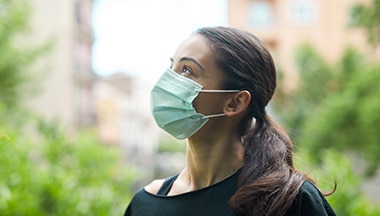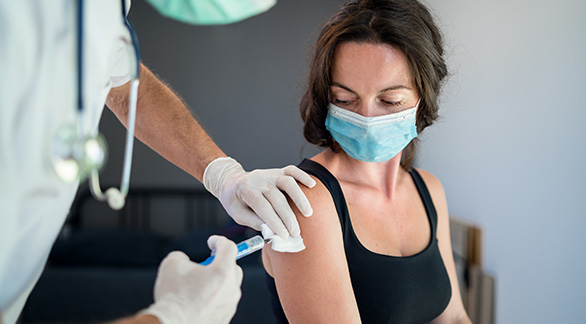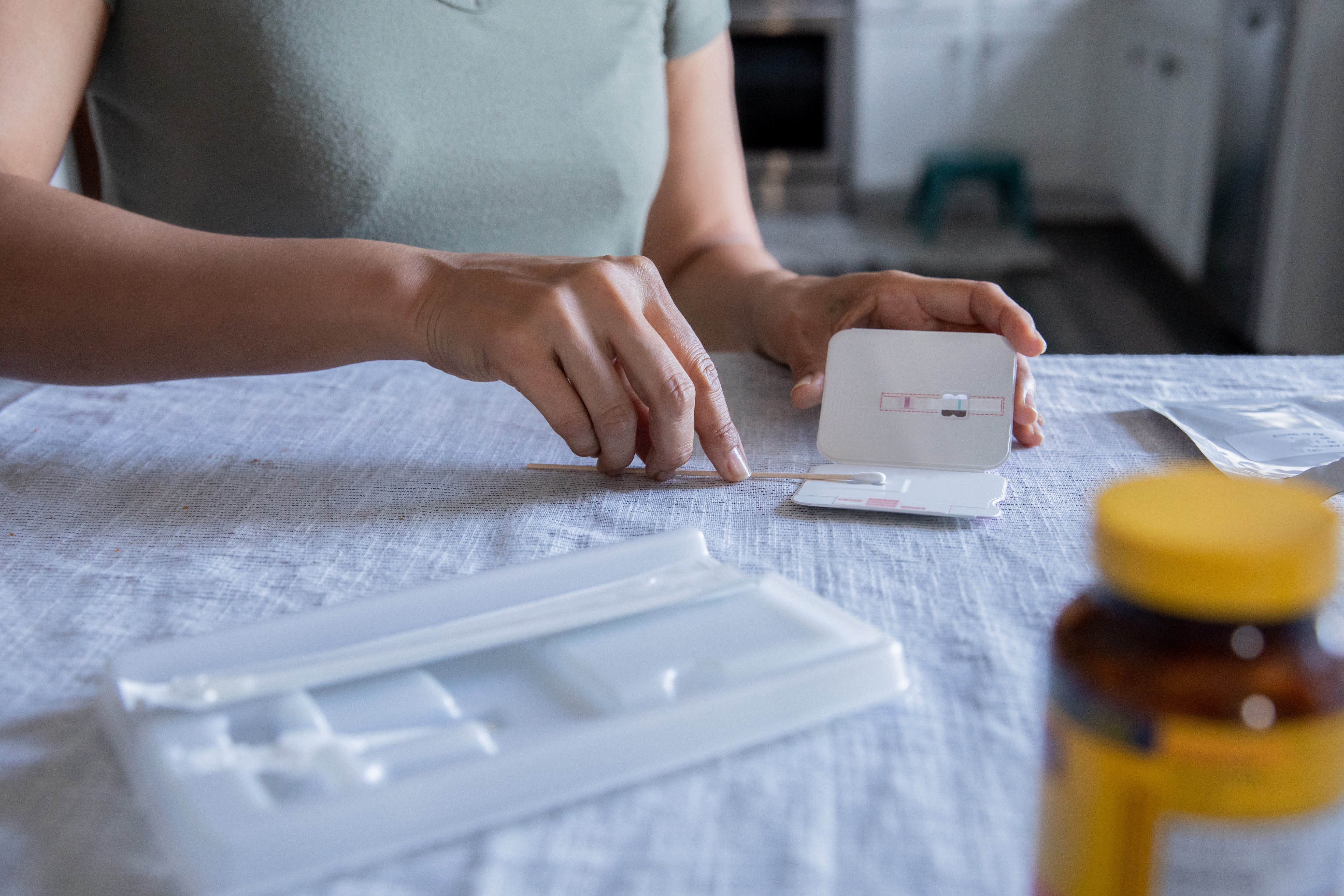Most people’s COVID-19 symptoms get better within a few weeks. Some patients experience Long COVID symptoms that can last for weeks or months. These symptoms vary widely. Some patients have few symptoms, while others have several. Symptoms can come and go, change over time, and range from mild to severe.
We understand that this experience can be frustrating for many. We’re here to provide the care you need and support your healing.
You can take care of common symptoms of Long COVID, such as fatigue or cough, with self-care methods. These are methods you’d use at home to care for flu symptoms, for example. We have resources to help you care for symptoms at home.
Common Long COVID symptoms include:
- Fatigue
- Trouble breathing
- Cough
- Chest discomfort or pain
- Joint and muscle pain
- Headache
- Sleep problems
- Reduced sense of smell and taste
- Eating and digestive issues, such as diarrhea
- Fast or pounding heartbeat
- Fever that comes and goes
- Sweating
You may have emotional or mental symptoms as you face the challenges of Long COVID. It can also take a toll on your family or other caregivers. They may also need support or treatment.
Emotional and mental symptoms can include difficulty thinking and concentrating (“brain fog”), depression, anxiety, and other emotional issues.
If you’ve had depression, anxiety, or other emotional issues, Long COVID can make them worse. This isn’t your fault, and it’s OK to feel this way. We have health resources to help you and your caregivers.
Serious complications are more common in those who had severe cases of initial COVID-19 illness. The effects may need to be treated and managed over time.
Complications can include:
- Heart muscle inflammation (myocarditis)
- Blood and vascular disorders (thrombosis and others)
- Lung function problems (breathing and other respiration issues)
- Kidney (renal) injury
- Severe depression and other mood disorders
- Sensory, memory, and cognitive and other neurological disorders
- Skin rashes or hair loss (that doesn’t improve)


